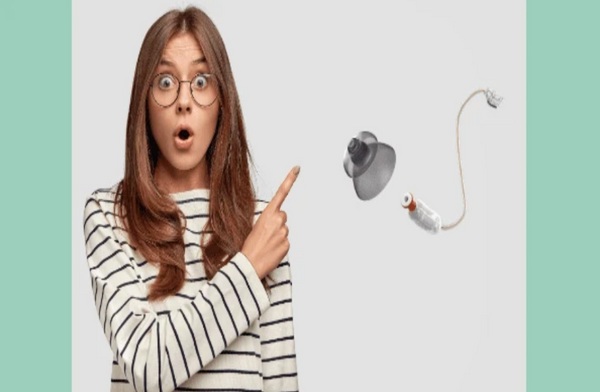When it comes to enhancing auditory experiences, the choice of hearing aid domes plays a pivotal role. These small, yet significant components can dramatically impact both comfort and sound quality. In this article, we delve into the various types of hearing aid domes, providing insights into how each type can cater to different needs and preferences.

Understanding the Importance of Hearing Aid Domes
Hearing aid domes are the soft, silicone tips that attach to the end of hearing aids. They come in various shapes and sizes, each designed to offer a unique balance of comfort and acoustic performance. Selecting the right dome is crucial as it can affect the overall effectiveness of the hearing aid, influencing both sound clarity and user comfort.
Open Domes: For Natural Sound Quality
Open domes are characterized by their perforated design, allowing natural sounds to enter the ear canal while amplifying specific frequencies. This type is ideal for individuals with mild to moderate hearing loss who prefer a more natural listening experience. The open structure minimizes the occlusion effect, where the user's voice sounds louder inside their head.
For example, someone who enjoys social gatherings might find open domes beneficial as they allow ambient sounds to mix with amplified sounds, creating a more balanced auditory environment.
Closed Domes: Enhanced Amplification
Closed domes, also known as occluded domes, have fewer or no perforations. They are designed to provide greater amplification by blocking out external noise. This type is suitable for individuals with moderate to severe hearing loss who require more focused sound enhancement.
Imagine a person who works in a noisy environment; closed domes can help them concentrate on conversations by reducing background noise, thereby improving speech clarity.
Power Domes: Maximum Sound Isolation
Power domes are similar to closed domes but offer even more sound isolation. They are typically used for severe to profound hearing loss, providing maximum amplification and minimizing external noise interference. Power domes create a snug fit in the ear canal, ensuring that the amplified sound is directed precisely where it is needed.
For instance, an individual with significant hearing impairment might benefit from power domes during one-on-one conversations, as they help isolate and amplify the speaker's voice.
Double Domes: A Hybrid Solution
Double domes combine the features of open and closed domes, offering a hybrid solution that balances natural sound quality with enhanced amplification. They consist of two layers, providing a secure fit and reducing the risk of feedback. Double domes are versatile and can be used by individuals with varying degrees of hearing loss.
Consider someone who enjoys both quiet and noisy environments; double domes can adapt to different settings, offering a flexible hearing solution.
Choosing the Right Dome for You
Selecting the appropriate hearing aid dome depends on several factors, including the degree of hearing loss, personal comfort preferences, and lifestyle needs. Consulting with an audiologist can provide valuable guidance in making the best choice. It's also important to try different types to find the one that offers the best combination of comfort and sound clarity.
In conclusion, exploring the different types of hearing aid domes for ultimate comfort and clarity is essential for optimizing your auditory experience. Whether you prefer the natural sound quality of open domes, the enhanced amplification of closed domes, the maximum isolation of power domes, or the hybrid benefits of double domes, there is a solution tailored to your needs. By understanding the unique features of each type, you can make an informed decision that enhances both your hearing and overall quality of life.








